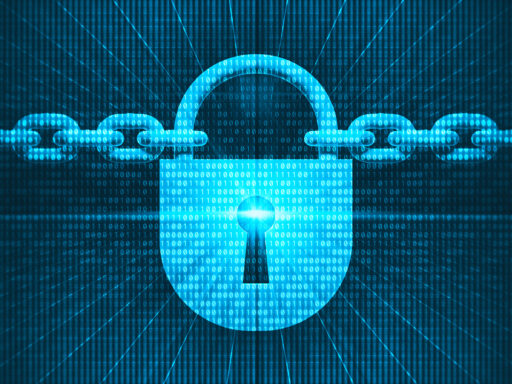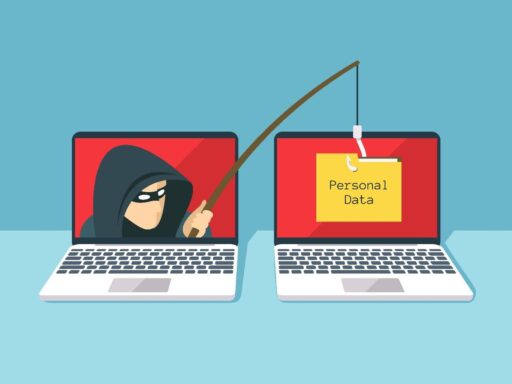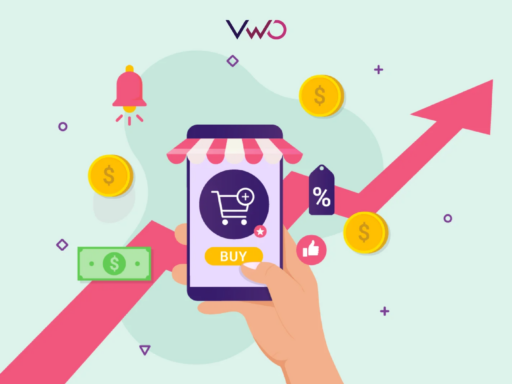While blockchain is often associated with cryptocurrencies like Bitcoin, the possibilities of this technology extend far beyond digital money. Blockchain has the power to transform many industries and aspects of the internet by providing a decentralized and secure system for managing data. Here are some of the key ways blockchain could revolutionize the digital world.
Security and Privacy
Centralized data systems are vulnerable to hacks and leaks, but blockchain addresses this issue through its decentralized structure. Each new piece of data added is cryptographically linked to the previous entries, making the records much more difficult to alter or compromise without detection. This enhanced security protects users’ privacy and the integrity of information.
Supply Chain Transparency
Managing the complex global supply chain is an area that could greatly benefit from blockchain. By recording each transaction and movement of products on the distributed ledger, all parties can gain full visibility into the lifecycle of items – from sourcing raw materials to the final customer. This level of transparency builds trust, reduces costs through improved efficiency, and helps stop counterfeiting.
Digital Identity
Verifying who people are online is often an inconvenient process prone to mistakes and fraud. Blockchain offers a decentralized alternative where users own and control their digital identity credentials in a secure, self-sovereign manner. With blockchain-based identities, people could more easily and securely access services in areas like banking, healthcare, and government without friction.
Voting Integrity
Voting systems are also susceptible to errors and manipulation, undermining faith in democratic processes. Blockchain provides a means to record and confirm votes in a verifiable yet private way, ensuring one person, one vote. This could increase participation rates by giving voters confidence their ballots will be counted accurately and transparently.
Smart Contracts
Automatic self-executing agreements encoded in software, or “smart contracts,” represent another promising blockchain use case. By digitizing interactions and payments between parties, smart contracts reduce the need for intermediaries and human discretion, speeding up transactions while minimizing disputes. Industries like law, real estate, and finance could see major changes through this innovation.
Content Ownership
Creators currently rely on large platforms to distribute and monetize their work, but blockchain offers an alternative by allowing artists to directly register, license, and earn from their digital files in an open network. This decentralized model empowers content owners with greater control and a fairer share of revenues from their creations.
Blockchain technology holds enormous transformative potential that extends far beyond cryptocurrency or any single application. Its ability to securely and efficiently record all types of transactions and interactions makes it poised to revolutionize many aspects of our digital lives and global economy. Exciting advances can be expected as this innovative concept continues to evolve.







